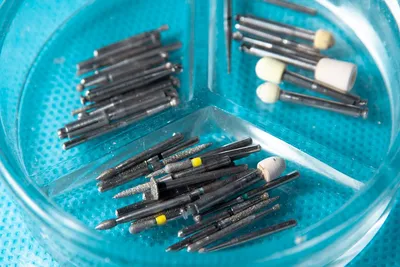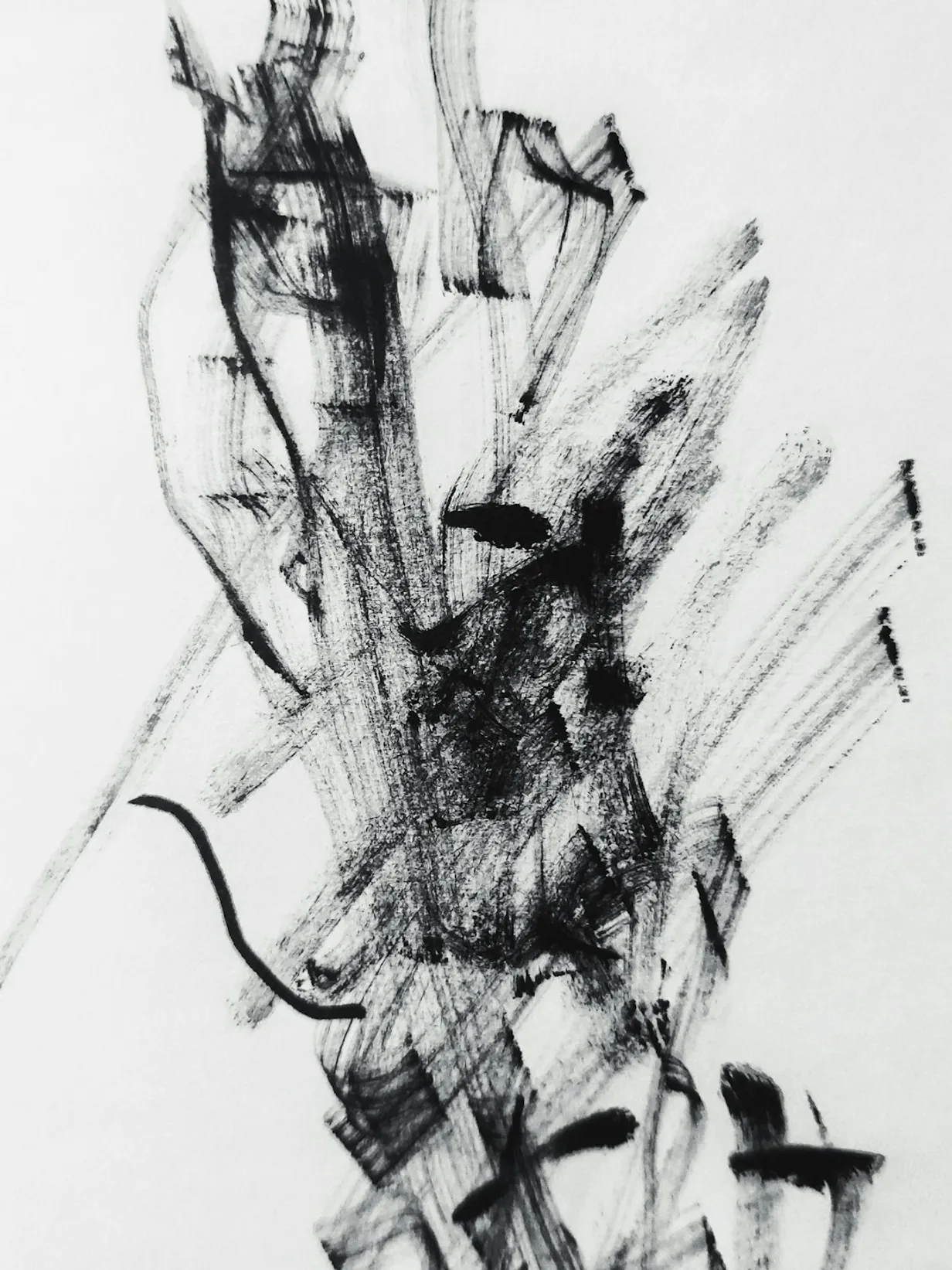Understanding Art Therapy
Art therapy is a unique form of therapy that combines the creative process with mental health practices to encourage self-expression and healing. It's not just about creating aesthetically pleasing artworks but about using creativity to explore feelings, resolve emotional conflicts, foster self-awareness, manage behavior, and develop social skills.
Benefits of Art Therapy for Mental Health
Expression of Emotions
Art therapy allows individuals to express thoughts and feelings that may be difficult to verbalize. Through art, emotions like anger, fear, and sadness can be visually represented, often leading to a deeper understanding of oneself. This form of therapy provides a safe outlet for expressing emotions that might otherwise remain unspoken.
Stress Reduction
Engaging in creative activities has been shown to reduce stress by promoting relaxation and mindfulness. The focus required to create art can distract the mind from intrusive thoughts and stressors, allowing for a temporary respite and an increased sense of calm.
Enhancing Self-Esteem and Confidence
Completing an art project, whether it's a painting, sculpture, or drawing, can boost confidence and self-esteem. The act of creation and the outcome itself can be rewarding, instilling a sense of accomplishment and pride.
Encouraging Problem-Solving Skills
Art often requires decisions about the use of colors, techniques, and materials. These decisions can enhance one's problem-solving and critical-thinking skills, which are valuable in everyday life and contribute to improved mental health.
Who Can Benefit from Art Therapy?
Art therapy is a versatile tool that can benefit people of all ages and backgrounds. It is particularly helpful for individuals experiencing anxiety, depression, PTSD (Post-Traumatic Stress Disorder), and those navigating major life changes or trauma. Additionally, art therapy can be beneficial for people who simply want to learn more about themselves or explore new strategies for emotional growth.
How to Get Started with Art Therapy
Starting with art therapy can be as simple as finding a local art therapist or attending art therapy workshops. Many mental health professionals are incorporating elements of art therapy in their practice. Alternatively, you can begin exploring art therapy on your own by setting aside time each day for creative expression free of judgment and expectations. Journaling with sketches, creating collages, or working with clay can be excellent starting points.
Conclusion
Art therapy offers a powerful means of improving mental health through creative expression. By providing an alternative outlet for emotional release and personal growth, it fosters mental well-being and resilience. Whether used independently or as part of a comprehensive mental health treatment plan, art therapy is an accessible and effective tool for enhancing overall mental health.
Popular Health Articles
Explore our most popular health articles that have resonated most with our readers, offering valuable insights and practical advice.

The Role of Nutrition in Preventative Health

Practical Techniques for Enhancing Emotional Regulation

Demystifying Dental Fillings: What You Need to Know

